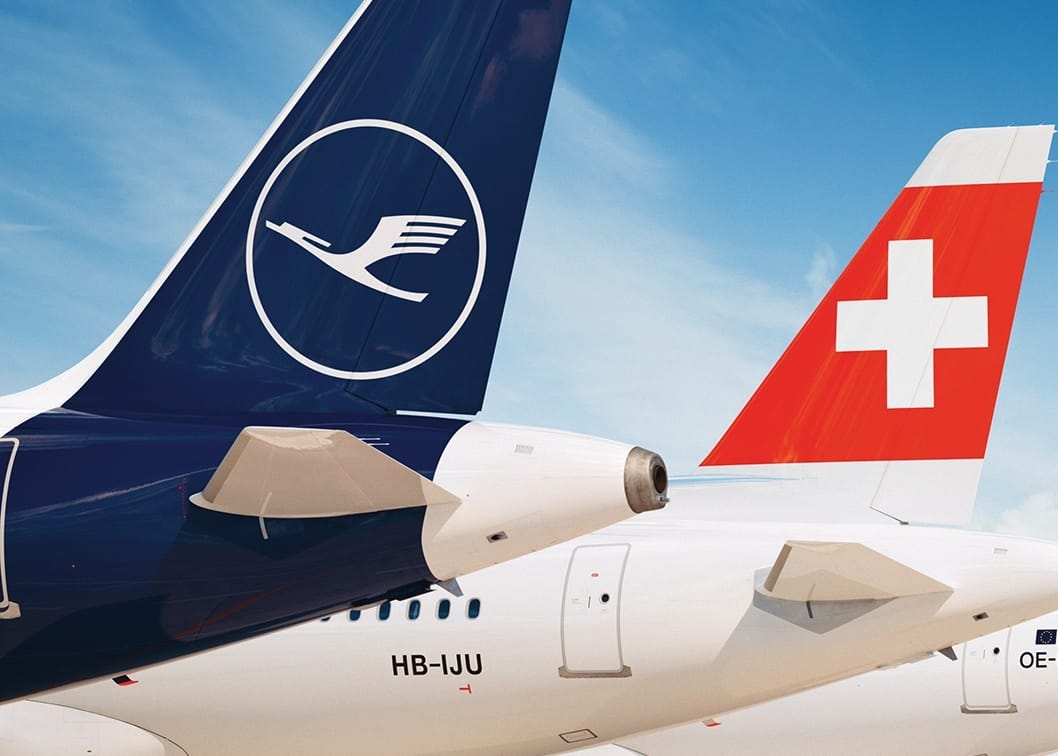National Identity in Airline Branding: A Comparative Study of SWISS and Lufthansa

Context:
In today’s competitive aviation market, brand differentiation plays a crucial role in customer perception and loyalty. National airlines often draw on their country’s cultural identity to shape their brand image, yet the effectiveness and execution of this strategy can vary widely. This study investigates how two major European carriers—SWISS and Lufthansa—embed perceived cultural values into their branding.
Goal / Tasks:
The aim was to explore how and to what extent SWISS and Lufthansa communicate perceived national cultural values in their customer-facing marketing. The research sought to:
- Identify cultural themes within marketing materials
- Compare the strategies of both airlines
- Analyze the alignment between branding and national identity
Methods:
A qualitative content analysis was conducted using marketing materials from both airlines, including websites and social media campaigns over the past three years. Data was analyzed using MAXQDA, with a coding scheme grounded in cultural branding theory (Holt, Dinnie, Adler, GLOBE Study, COO effect).
Results:
The analysis revealed two distinct branding approaches:
- SWISS strongly integrates cultural cues such as precision, quality, hospitality, and national pride—creating a clearly “Swiss” identity rooted in heritage and emotional appeal.
- Lufthansa adopts a more globally adaptable strategy. Cultural references are used sparingly, while the brand focuses on universal values like innovation, professionalism, and global connectivity to appeal to an international audience.
Both strategies are effective, yet differ in how they balance cultural specificity with global scalability. The findings offer insights regarding cultural branding in aviation and beyond.